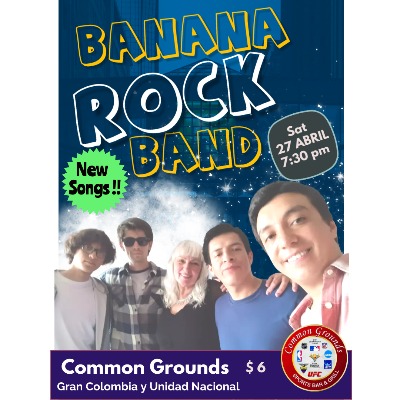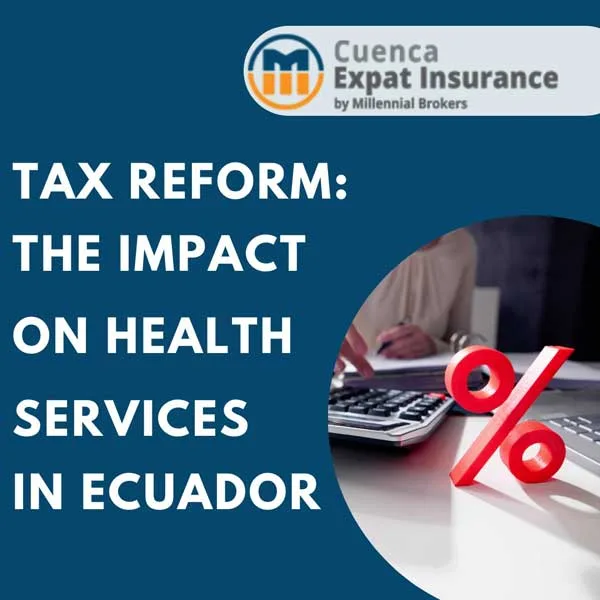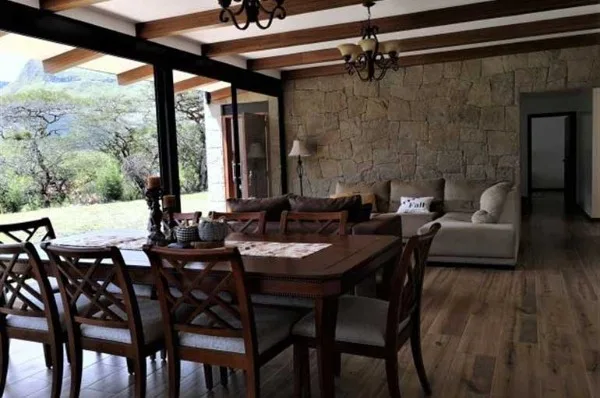Country will have a patchwork of health restrictions in first week without emergency
Although government-ordered curfews and the prohibition of private gatherings are no longer in effect, many health emergency restrictions will continue to be enforced in local communities. Sunday was the final day of the state of the emergency which granted the national government extraordinary authority to control the spread of the Covid-19 virus.

Police in Guayaquil bust a party bus, or chiva, Saturday night. (El Comercio)
While police in Quito, Cuenca and Guayaquil continued to enforce emergency restrictions on Sunday, the scene was different in other cities. In Baños in Tungurahua Province, there was a 40-unit parade, complete with party buses, or chivas, celebrating the end of the emergency. Among the hundreds of revelers, many carrying alcoholic drinks, were local tour operators, hotel and restaurant owners and Mayor Luis Silva.
“Our economy is 90 percent tourism so it is with great joy that we welcome the end of the lockdown,” Silva said. “Until a few days ago, our streets and businesses were empty and today we welcome back the tourists and send an invitation to the entire country to come to Baños and have a good time.”
While some communities, like Baños, will allow the reopening of bars and nightclubs, many others will not. Almost all of the largest cities have imposed local ordinances to maintain some health emergency restrictions, including those on the circulation of private vehicles and large gatherings in public areas.
Many mayors criticized the government’s decision to allow the health emergency to lapse but officials say they had no choice. “The Constitutional Court, which must approve states of emergency, told us they would not allow another extension,” Interior Minister Maria Paula Romo said earlier last week. “The emergency restricts constitutional rights and, given the progress in our fight against the coronavirus, the court decided it is time to restore those rights. This is not our decision but we understand the reasoning and support it.”
The Emergency Operations Committees in Cuenca, Guayaquil and Quito all voted to keep bars, discos and nightclubs closed while maintaining alternate day restrictions on the circulation of private vehicles. All said they would review restrictions on a monthly basis, rescinding them as health conditions permit. Guayaquil said it would maintain its requirement that arriving national airline passengers test negative for Covid-19 while Quito is dropping the requirement.
All cantons will continue to require the wearing of face masks and social distancing of one to three meters, depending on circumstances.
With the end of the emergency, most of the country’s restaurants will be allowed to extend their operating hours and most cantons are allowing seating capacity to increase from 50 percent to 75 percent. Gyms and health clubs are also allowed to reopen.
The load capacity for public buses and trains is also being increased in some cities.
The national government announced Saturday that it would maintain its requirement that arriving foreign air travelers show a negative Covid PCR test or face a 10-day quarantine. It also said that land borders with Peru and Colombia will remain closed for private travelers until further notice.


















